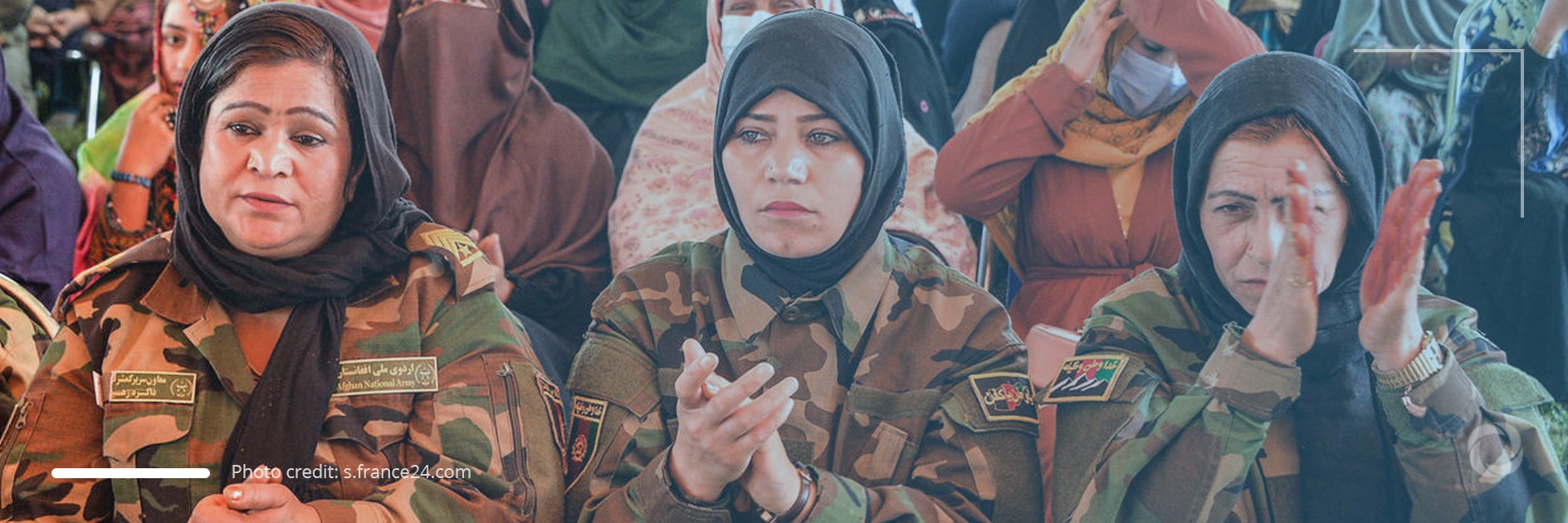The Afghan government’s development agenda will be given a fresh impetus as the World Bank-managed Afghanistan Reconstruction Trust Fund (ARTF) has endorsed a new four-year Partnership Framework and Financing Programme (PFFP). The fund is the largest single source of funding for Afghanistan’s development, serving as a bridge for it to work with international partners to reduce poverty, deliver essential services, sustain civilian budget operating costs, and implement critical reforms.
The ARTF Steering Committee also endorsed the Country Portfolio Performance Review that will help ARTF donors to identify the challenges and opportunities in the country while developing the ARTF programs for the coming years.
Speaking on the occasion, Hartwig Schafer, World Bank Vice President for the South Asia Region, remarked:
“As Afghanistan faces severe impacts from COVID-19 and political uncertainty, the ARTF continues to be instrumental in helping the government maintain the delivery of public services to the Afghan people.”
The World Bank and ARTF donors will continue to stand with the people of Afghanistan at this critical time and protect the hard-won gains achieved over the past 20 years, he added.
Established in May 2002, the ARTF has 34 donors and is administered by the World Bank. It leverages funding in grant from the International Development Association (IDA) and complements the multilateral programming through international financial institutions, the United Nations Country Team and the donor partners’ bilateral programming. ARTF serves as a coordinated financing mechanism for the Afghan government’s recurrent budget and priority reconstruction programs and projects.
As of December 2017, donors had paid approximately US$10 billion into the ARTF to provide direct assistance to the Afghan government. The United States, represented by the U.S. Agency for International Development (USAID), remains the largest contributor to the ARTF and having donated over US$ 3 billion so far. The other donors include the United Kingdom (US$ 1.7 billion), European Union (US$ 772 million), Germany (US$ 740 million), and Canada (US$ 727 million). The contributions from 29 other donors total US$ 2.9 billion.
With a population of almost 40 million, Afghanistan has been ravaged by a military conflict for over four decades now. Despite a recent agreement between the U.S and the Taliban that gave some hope for peace, the security situation remains extremely fragile, with civilians being subjected to high levels of violence. Afghanistan is one of the poorest countries in the world, with a GDP per capita of around US$500. Poor sanitary conditions, weak healthcare, water and electricity infrastructures, unemployment, and high insecurity are widely spread in the embattled country.

